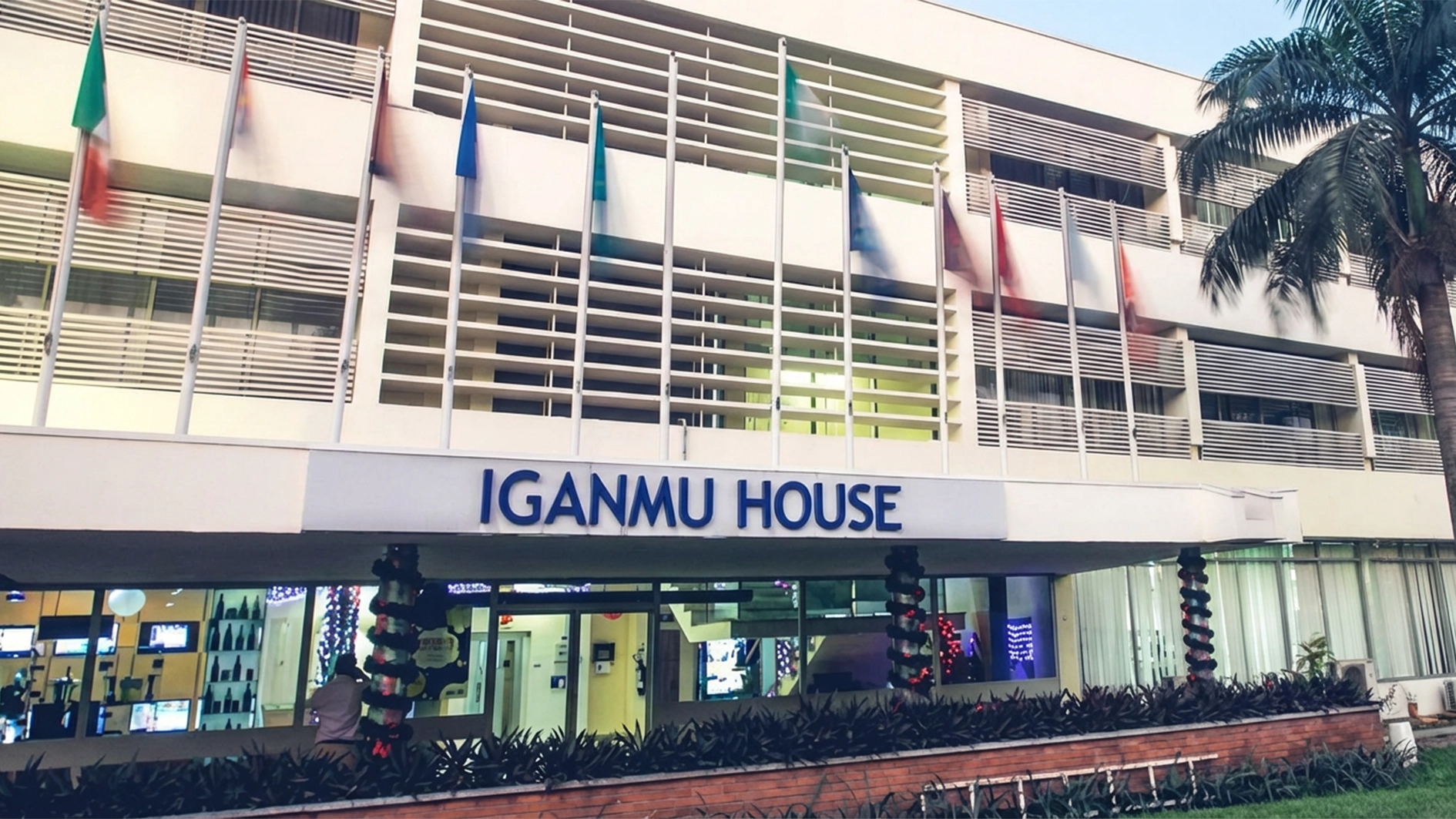• Crashing food prices ease inflation to 22.22% in June
• MPC may slash rate as committee meets next week
• Finance minister defends Tinubu’s tough reforms
Though a reduction in the prices of staple foods such as rice and beans may have forced the inflation rate downward to 22.22 per cent from 22.29 per cent in May (representing 0.75 per cent slump), the Centre for the Promotion of Private Enterprise (CPPE) has advocated the activation of trade policy instruments to bring down imported input cost in the economy.
According to data released yesterday by the National Bureau of Statistics (NBS), the reduction signalled a modest slowdown in the pace of rising consumer prices across the country.
The Chief Executive Officer of the CPPE, Dr Muda Yusuf, noted that while inflation may have eased in the month under review, it is curious that despite the stability in the exchange rate, core inflation is still on the upward trend.
“Tariff policies need to be further recalibrated to ease the cost of critical inputs for the production and service sectors of the economy. The exchange rate for the computation of import duty needs to be reviewed to ease trade costs.
“The dramatic appreciation of the currency of our neighbouring countries [the CFA] against the naira has created a huge incentive for the export of Nigerian products, especially agricultural products, to these countries”, he added.
In its June 2025 Consumer Price Index (CPI) report, food inflation, which has remained the biggest driver of headline inflation in Nigeria, rose slightly from 21.14 per cent in May to 21.97 per cent.
Though not mentioned directly in the report, zero tariffs on food importation may have played a big role in the prices of food coming down. The report showed that though major food prices remained low due mainly to the onset of harvest of some crops, the high cost of green peas (dried), fresh pepper, shrimps (white dried), crayfish, fresh meat, fresh tomatoes, plantain flour and ground pepper were major contributors to the hike in food inflation in June.
Food inflation, the major contributor to headline inflation in the country, has also steadily dropped since January when it was 26.10 per cent after rebasing.
to 23.51 per cent in February, to 21.79 per cent in March and 21.26 per cent in April before hitting 21.14 per cent in May and now up to 21.97 per cent in June.
The Central Bank of Nigeria (CBN) recently raised concerns about the potential for high inflation due to rising input costs. According to the CBN’s June 2025 Purchasing Managers’ Index (PMI) report, businesses are absorbing increased operational costs, but this strategy may not be sustainable in the long run.
CBN warned that the widening gap between input costs and output prices might force businesses to pass on costs to consumers, potentially driving up inflation.
MEANWHILE, the Minister of Finance and Coordinating Minister of the Economy, Olawale Edun, defended the economic reforms initiated by President Bola Tinubu, which led to a rise in commodity prices, describing them as difficult but necessary steps towards macroeconomic stability and national recovery.
Speaking through the Special Adviser to the President on Finance and Economy, Sayande Okoli, at the 13th BusinessDay CEO Forum in Lagos, the minister said the removal of fuel and foreign exchange subsidies was critical in restoring investor confidence and laying the groundwork for long-term growth.
“The theme of this year’s summit, ‘From Reform to Recovery’, aptly captures Nigeria’s economic journey,” Okoli said. “Over the past two years, we’ve been undertaking bold and necessary reforms.”
Edun noted that the reforms were strategically phased, with the first phase beginning on President Tinubu’s first day in office when he announced the end of the fuel subsidy.






